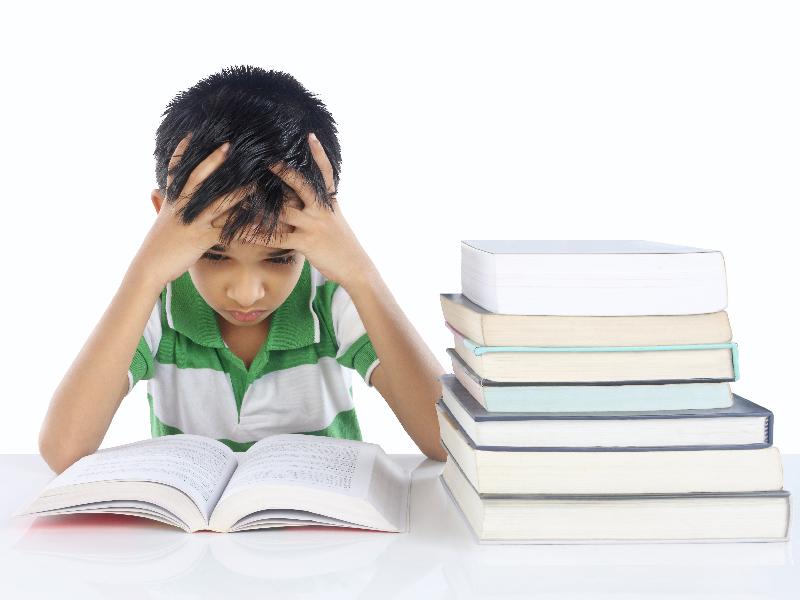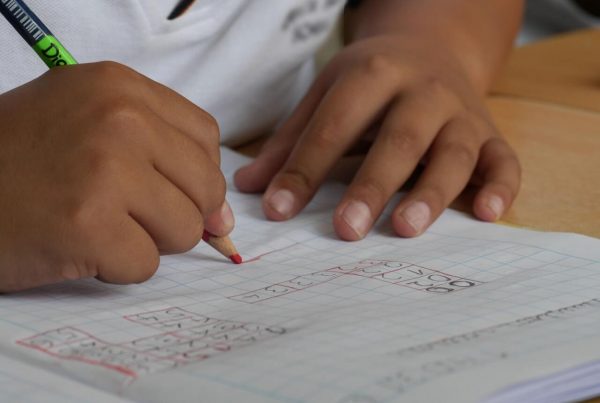
Reading to a child beginning in infancy is one of the best strategies for teaching a love of words, instilling familiarity with sounds and pronunciation, and assuring success in school. Reading to an infant that gradually transitions to helping a toddler sound out words all nurture a child’s capacity to read on their own. Since reading is a primary component of language development and later reasoning ability, it is never too early to start building reading skills.
A recent article in an educational journal identified the following five distinct stages of reading development:
- Pre-Reader: Typically this stage occurs between six months and six years, and signals an emerging awareness of words.
- The Novice Reader: Prior to age six, most children delight in reading simple books on their own.
- Decoding: The ability to associate letters with sounds, sound out unfamiliar words, and understand word meanings fall in this stage.
- The Fluent Reader: Reading ability improves dramatically beginning at about age nine and continues into the middle teens, fostering full comprehension.
- Expert Reader: The final stage of reading development, signifying mastery.
Types of Reading Disabilities
Many young children, unfortunately, struggle with reading. In general, common reading problems fall into three broad categories: Physical impairments, behavioral problems, and functional disabilities. With help and understanding, parents and teachers can help children address and overcome most reading difficulties. Reading is a learned skill, and educators acknowledge that mastery occurs in different ways at different ages.
The basic goal, however, is to help children develop the ability to understand words, glean information, analyze meanings, and ultimately, learn to read, write and speak with ease. Language is one of the keys to success in the adult world, so if you recognize that your child is not reading at an age-appropriate level, it is important to seek out the reasons and search for ways to help.
Parents represent the first and best means of intervention when it comes to identifying and assessing reading difficulties. Although most schools conduct routine screenings, a parent can recognize potential problems early on and seek effective remedies even before a child enters school.
Physical Impairments
Reading is grounded in the ability to see the written word, make the proper sounds and hear the differences. Word understanding is secondary to the physical ability to see, hear and speak. So, if a child exhibits any problems with sight, hearing or speech development, it is imperative to correct those deficiencies early on, or to implement alternate strategies to help a child overcome such physical limitations.
Behavioral Problems
In the modern world, any number of stimuli compete for a child’s attention, and it can be hard for even the most focused youngster to filter out the surrounding “noise” of their environment. Most children have difficulty sitting still, concentrating on a task for more than a few minutes, and resisting the temptation to move rapidly from one activity to another. Overly distractible children, especially those with ADHD, may face undue pressure that can lead to other behavioral and emotional issues. Parents and educators can help a child’s reading skills by improving their attention through intervention.
Functional Disabilities
Included in this category are such things as dyslexia (the tendency to mix up the order of words or numbers), information-processing disorders (difficulty encoding and making sense of information), and dysgraphia (struggles with fine motor skills that affect the ability to write properly or coherently).
Different types of reading disabilities may overlap, and it is important to understand that a “late speaker” or a “slow reader” is not necessarily learning disabled. What is vital is awareness and understanding of how children develop reading skills. Observing your child’s developmental skills, identifying the area of reading difficulty that challenges your child, and obtaining effective strategies to minimize your child’s struggle are the best antidotes to remedy reading problems.
To learn how the Little Thinkers Center can provide specific strategies to manage reading challenges, contact us today.



